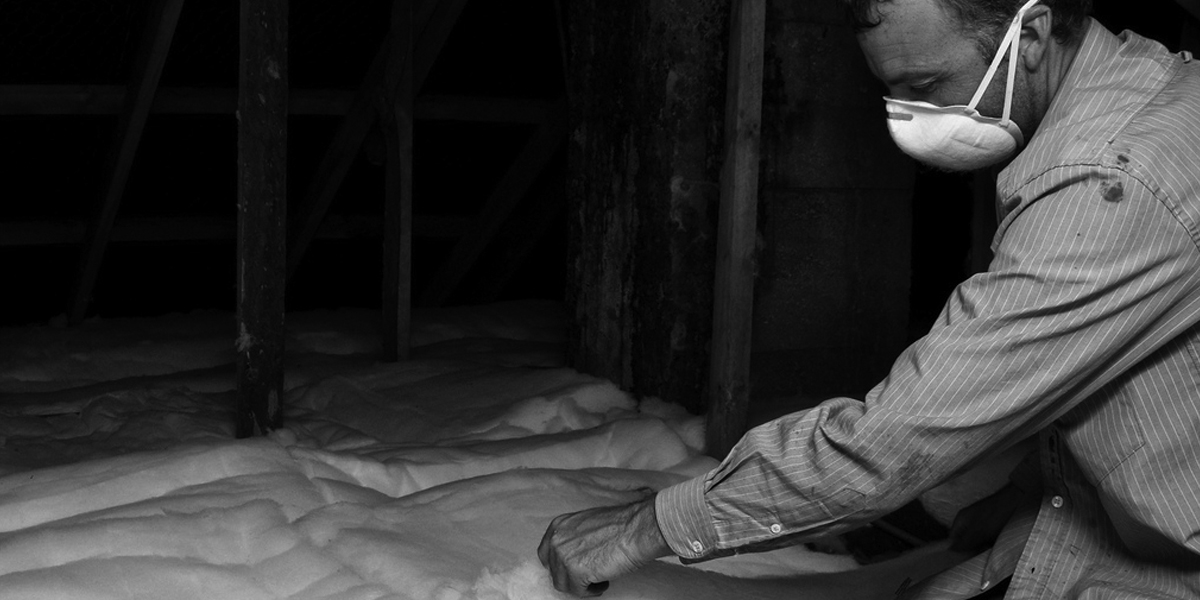The price-hiker’s guide to energy
It’s that time of year again – the ‘big six’ energy companies have started announcing inflation busting price hikes, to hit just as the cold winter months set in. Today, British Gas announced a hike of nine per cent, following...
It’s that time of year again – the ‘big six’ energy companies have started announcing inflation busting price hikes, to hit just as the cold winter months set in. Today, British Gas announced a hike of nine per cent, following SSE’s announcement of an eight per cent rise last week that will add will add £106 to the average family’s annual bill.
The biggest hit will be over the winter when more is spent on heating; this year over 20,000 vulnerable people are expected to die because of cold weather.
Ed Miliband’s 20 month price freeze pledge has put the big six – as well as the government – into a big tizz. All of them are keen to blame so called ‘green taxes’ – support on bills to pay for social and environmental programmes, and taxes on climate changing pollution.
British Gas is no exception. They are now scandalously campaigning for ECO, a scheme to provide home insulation that reduces people’s bills to be delayed and watered down, attempting to use it as cover for their price hike.
Energy companies claim price freezes will force them to cut investment in clean energy projects. But what are the facts? First, 62 per cent of the increase in your energy bills between 2004 and 2012 has been because of the soaring price of gas – that has meant an extra £280 a year for the average family. And let’s not forget energy company profits have increased by 74% in two years.
So why are they are attacking the two things that will together keep bills down in the long term – switching to clean energy and massively improving the efficiency of our homes?
This is what the tabloids don’t tell you: once renewable energy projects are built they pretty much run for free. There’s no charge for the wind or rays from the sun. This pushes the wholesale cost of electricity down, which in turn makes fossil-fuel generated electricity less profitable. This has already started to happen in Germany, where they get about 25 per cent of their energy from renewables.
For those with big gas, oil or coal investments, renewable energy is about as good for your profits as asking your customers to use less energy. The attack by British gas on home insulation schemes is a case in point. So perhaps it’s not the best idea for the energy companies to be delivering government programmes of this kind.
A report last year by Bloomberg Energy Finance found that most of the big six energy utilities haven’t been investing money from customer bills in a way that brings energy prices under control and secures a clean energy supply for the UK. It found that since 2006, £13 billion has been spent by the big six on 14GW of new electricity generating infrastructure, and over half of this has been new gas plants.
They have invested so little in green energy that if you have a solar panel on your roof at home, you’re part of a group of small-scale solar power owners that together own more renewable capacity than any of the big six.
For long term affordable energy we need a switch to clean, renewable power, so Miliband’s much less reported pledge that electricity would be pretty much carbon-free by 2030 under Labour is highly significant.
But crucially, to keep bills low we also need a nationwide programme to insulate every heat-leaking home.
It will cost money, but there are plenty of ways the cash can be found – such as the money the government collects in carbon taxes. Moreover as an infrastructure investment it would provide more stimulus to the economy than freezing fuel duty, or tax cuts, creating 130,000 jobs in the process. And this time, let’s not put the energy companies in charge and instead work with communities and councils in every village, town and city.
Having missed the opportunity to properly tackle domestic energy inefficiency when they were in government, Labour must commit to home insulation programme to show it is serious about tackling fuel poverty and delivering an affordable and fair energy system.
If today’s announcement from British Gas shows anything, it’s that Miliband is right to be taking on the big six. Next, addressing the vested interests of the energy companies will be a necessary first step to keep homes warm but the planet cool.
Donna Hume is a political campaigner at Friends of the Earth
